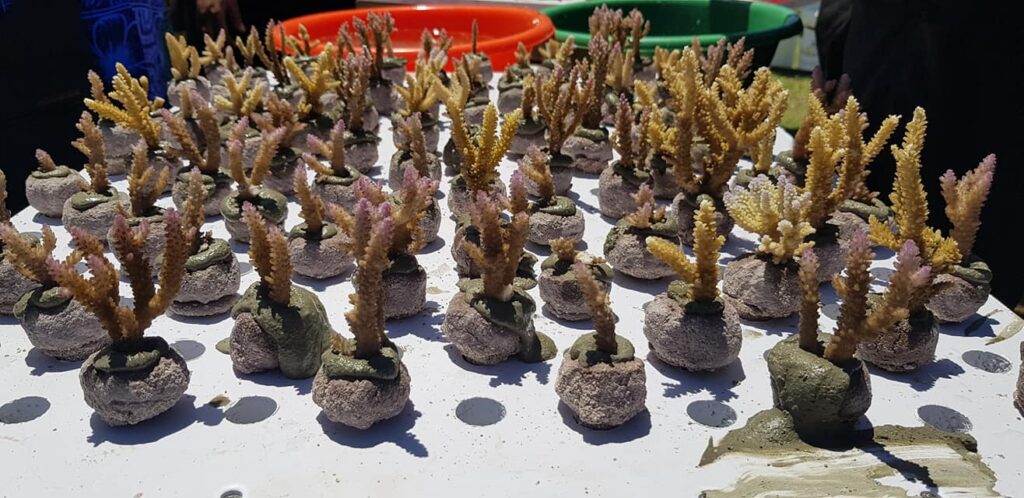
The Fiji-based non-profit Aquaculture Development for the Environment Project (A.D.E.) founded by Walt Smith (of Walt Smith International, WSI) has partnered with Fiji’s Ministry of Fisheries to launch the One Million Coral Planting Program. Through a plan aiming to involve 20 or more coastal villages, with a target for each village to plant 1,000 corals per week, the forecast is to have one million corals placed on damaged and troubled Fijian reefs by December 31st, 2021.
“We’ve been working on the A.D.E. Project for many years, first conceived in 2011,” says Smith. “I’m very excited that it’s finally gaining momentum and being recognized as an organization with some good to do, particularly by the Ministry of Fisheries. They’re a key governmental agency given how important the coral reefs are to Fiji. We’re surrounded by coral reefs, which drive tourism, the most important industry in Fiji. Even though Fiji’s reefs are in pretty good condition right now, it’s important to be proactive and ensure that they remain that way for the future. A.D.E. is a good program to help make that happen.”
A.D.E.’s first donation came from the Washington D.C. Area Marine Aquarist Society, Inc. (WAMAS), leading the way for support from others in the aquarium hobby and industry, including a notable $2,500 grant from the 2019 Marine Aquarium Conference of North America (MACNA), which helped establish the scientific principals behind the A.D.E. project. A.D.E. is actively seeking donors and soliciting grants, and all Million Coral Project expenses to date have been financed by WSI, with additional financial support anticipated from Fiji’s Ministry of Fisheries and other worldwide donors. The total cost for the project is estimated to be $1,000,000 US over the course of the year, or roughly $1 per coral planted on the reef.
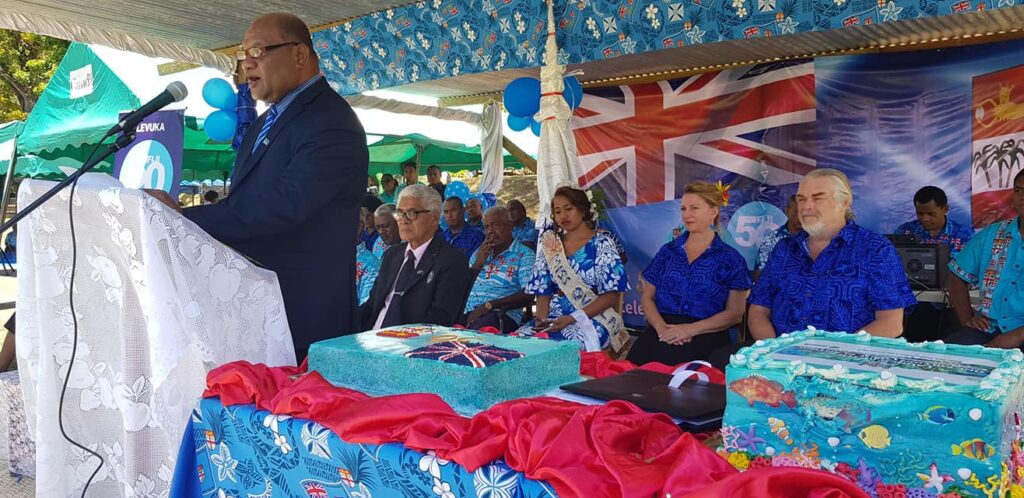
The Official Announcement from Fiji’s Ministry of Fisheries
The Honourable Minister for Forestry, Mr. Osea Naiqamu officially launched the One Million Coral Planting Program this morning during the Fiji Day celebrations in Nasau Park in Levuka.
Mr. Naiqamu said that what better way to celebrate and mark Fiji’s 50th year since becoming independent but by launching the initiative in Levuka.
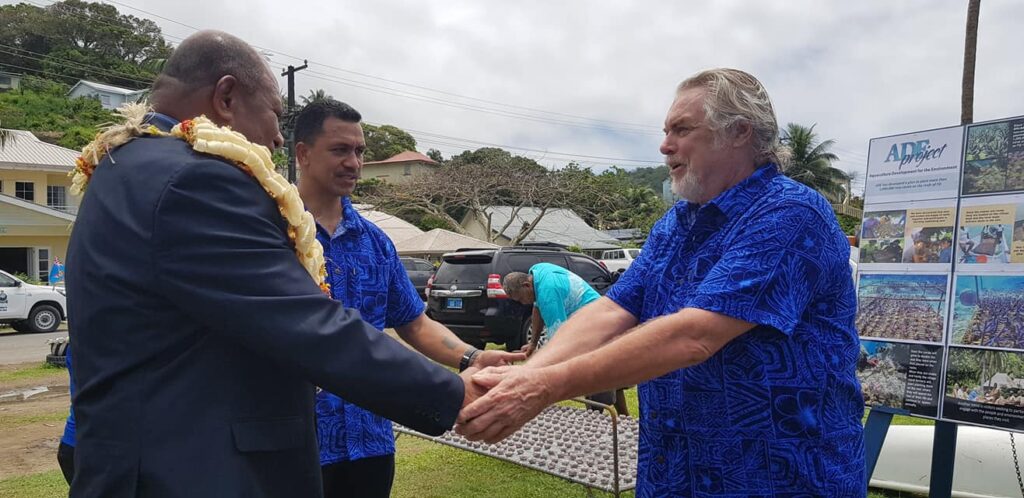
“This is where Fiji’s modernization began when our forefathers ceded Fiji to Great Britain”.
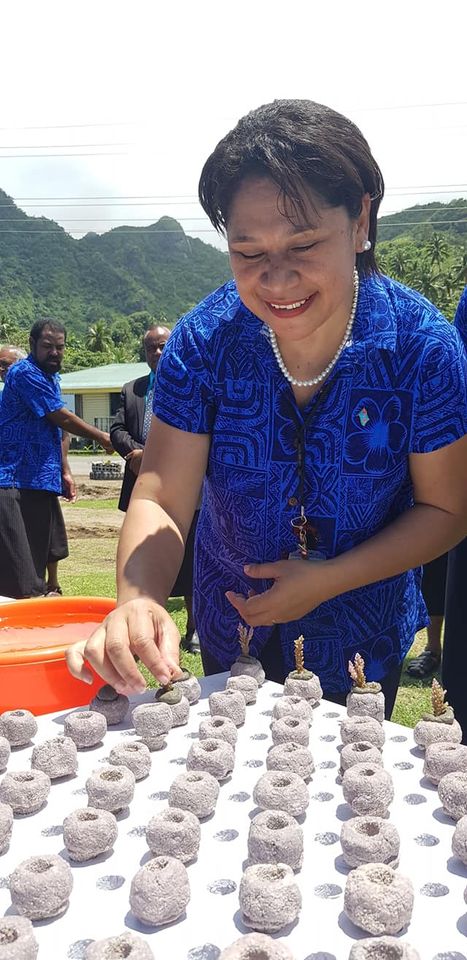
“With the theme, ‘Build, Restore Fiji’s Natural Asset for a Resilient Future’, the One Million Coral planting initiative will certainly place more emphasis on the need for us to take better care of our oceans,” said Mr. Naiqamu.
Mr. Naiqamu added that more healthy corals in our ocean means more fish and it also has a wider role to play like protecting coastlines, raising the profiles of livelihoods of coastal communities, and providing sources of economic pursuits.
“The Ministry of Fisheries have identified areas around the country whose coral reefs need immediate restoration.”
The Ministry will also be working closely with Aquaculture Development for the Environment (ADE) in carrying out the planting program.
“There are other partners and individuals who have been working directly with communities in terms of coral restoration. Please continue with the great work that you are doing,” said Mr. Naiqamu.
Around 400 corals on racks were planted this morning at the Levuka Foreshore which were later transferred out at sea.
The Ministry of Fisheries hopes that more communities will work together and assist in restoring a healthy ocean especially for our future generation.
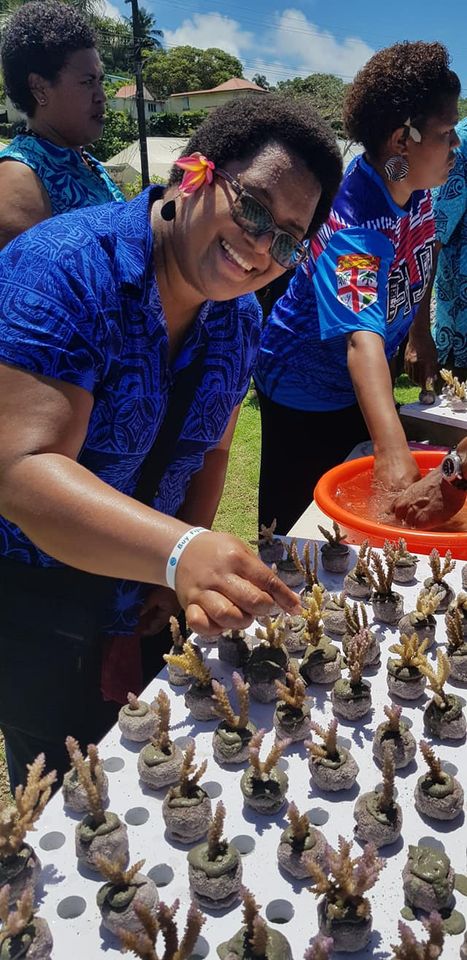
###
Image Credits: Fiji’s Ministry of Fisheries
See more images from the event on the Fiji Ministry of Fisheries Facebook page.
To donate or learn more about the A.D.E. Project, visit https://www.adeproject.org/
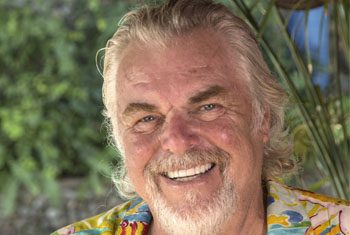





This is a great way of helping the marine life especially the coral reef ecosystems. I have been curious for the past 2months if this program is recruiting volunteers. If so, i as a science student would gladly take that opportunity to learn about, and help the underwater community, to grow.